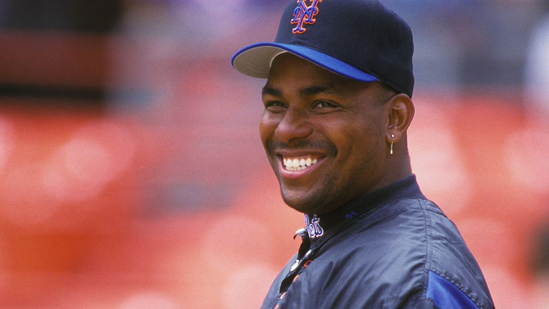Bobby Bonilla Day: The Unlikely Celebration of a Deferred Salary Deal
Every July 1st, a unique celebration rings out across Major League Baseball (MLB) circles as fans and sports commentators alike come together to recognize “Bobby Bonilla Day.” For casual observers, this day might seem trivial, but for baseball enthusiasts, it symbolizes one of the most fascinating contract arrangements in sports history.
The Legendary Contract
Bobby Bonilla, a former All-Star outfielder, was once one of the most feared hitters in MLB, playing for teams like the Pittsburgh Pirates, New York Mets, and Miami Marlins. However, it’s not his prowess on the field that keeps him in the spotlight today but rather an unusual contract negotiation with the New York Mets.
In 2000, after a tumultuous and underwhelming final season in which Bonilla was released, the Mets owed him approximately $5.9 million. Instead of paying him the lump sum immediately, the team struck a deal: they agreed to defer his salary, opting to pay him $1.19 million every July 1st from 2011 until 2035, effectively turning his $5.9 million into a staggering total of around $29.8 million due to the compound interest over time. This arrangement was made possible due to the Mets’ investment in Bernie Madoff’s Ponzi scheme, which they believed would yield high returns.
As a result, Bonilla has become synonymous with the concept of deferred payments, and every July 1st, he is celebrated for receiving a paycheck without having played in the league for over two decades.
The Bigger Picture: Deferred Salary in MLB
Bonilla’s unique contract is not an isolated incident within the landscape of major league baseball. Several notable MLB players have orchestrated similar salary deferment arrangements throughout their careers, albeit often in different contexts.
- Ken Griffey Jr.: The legendary outfielder also had a significant portion of his contract deferred. After retiring, he agreed to defer $3.59 million of his salary, which will pay him $3 million annually for several years, extending his earnings long after he left the game.
- David Wright: The New York Mets’ captain and third baseman carried a substantial contract extension that involved deferred payments. Although his playing days came to an end in 2018, Wright will continue to receive annual payments totaling $15 million through 2025 as a result of his deferred salary agreement.
- Adrian Beltre: After his retirement in 2018, Beltre struck a deferred payment deal with the Texas Rangers. He will receive annual payments of $4 million through 2024, showcasing how deferred contracts can serve as a continued financial resource post-career.
- Bobby Abreu: The outfielder who played for the Philadelphia Phillies and several other teams made headlines for his unusual contract agreement, where deferred salary payments allowed him to receive money years after his retirement.
Why Deferred Salary?
Deferred payment structures have become appealing to both players and teams. For players, these agreements can extend financial support well into retirement and allow them to negotiate lucrative contracts while a team can create immediate cash flow flexibility. For clubs, this strategy can sometimes mitigate the financial impact of high salaries in the present, while players enjoy the security of a guaranteed income.
The Legacy of Bobby Bonilla Day
As “Bobby Bonilla Day” rolls around each year, it serves as a quirky reminder of the complexities and unique arrangements that can arise in professional sports contracts. While many view it with lightheartedness, it also prompts discussions about salary structures and their implications on financial planning for athletes post-retirement.
So, as fans gather in celebration of this unusual day, they not only commemorate Bobby Bonilla’s financial acumen but also reflect on the broader implications of deferred payments in the world of sports—a territory that is as fascinating as the game itself. Whether through the lens of nostalgia or as an object lesson in financial planning, Bobby Bonilla Day has become a celebrated part of baseball culture, etched forever into the annals of sports history.

